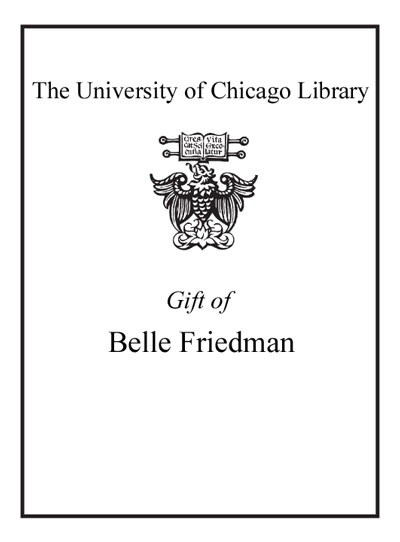Selling the Congo : a history of European pro-empire propaganda and the making of Belgian imperialism /
Saved in:
| Author / Creator: | Stanard, Matthew G. |
|---|---|
| Imprint: | Lincoln : University of Nebraska Press, c2011. |
| Description: | xiv, 387 p. : ill. ; 24 cm. |
| Language: | English |
| Subject: | |
| Format: | Print Book |
| URL for this record: | http://pi.lib.uchicago.edu/1001/cat/bib/8547378 |
| Summary: | Belgium was a small, neutral country without a colonial tradition when King Leopold II ceded the Congo, his personal property, to the state in 1908. For the next half century, Belgium not only ruled an African empire but also, through widespread, enduring, and eagerly embraced propaganda, produced an imperialist-minded citizenry.<br> Selling the Congo is a study of European pro-empire propaganda in Belgium, with particular emphasis on the period 1908-60. Matthew G. Stanard examines the nature of Belgian imperialism in the Congo and considers its case in light of literature on the French, the British, and other European overseas empires. Comparing Belgium to other imperial powers, the book finds that pro-empire propaganda was a basic part of European overseas expansion and administration during the modern period. Arguing against the long-held belief that Belgians were merely "reluctant imperialists," Stanard demonstrates that in fact many Belgians readily embraced imperialistic propaganda.<br> Selling the Congo contributes to our understanding of the effectiveness of twentieth-century propaganda by revealing its successes and failures in the Belgian case. Many readers familiar with more-popular histories of Belgian imperialism will find in this book a deeper examination of European involvement in central Africa during the colonial era. |
|---|---|
| Physical Description: | xiv, 387 p. : ill. ; 24 cm. |
| Bibliography: | Includes bibliographical references and index. |
| ISBN: | 9780803237773 0803237774 |

